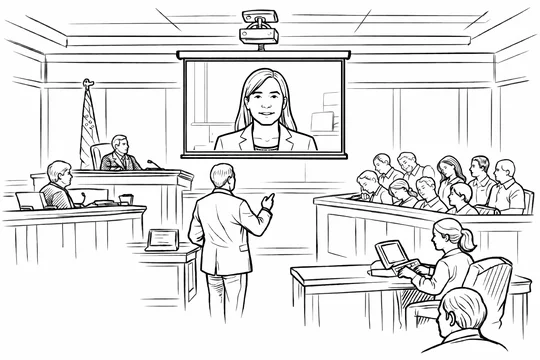
Judge Bryson issued an opinion on Friday looking at a perennial trial question: can one side play the other side's 30(b)(6) testimony in its case-in-chief, even if the witness who gave the deposition testimony is available and testifying at trial?
When we talked about this question back in 2024, Judge Williams had held that, under the circumstances of a different case, a party could only play the other side's 30(b)(6) testimony for impeachment, not in the first instance. Jazz Pharmaceuticals, Inc. v. Avadel CNS Pharmaceuticals, LLC, C.A. No. 21-691-GBW, D.I. 545 (D. Del. Feb. 20, 2024).
Obviously, there is a big difference between offering deposition testimony in the first instance, and offering it only for impeachment. That was particularly true in the Jazz Pharmaceuticals case, where the oral order seemed to contemplate using the testimony for impeachment only of the specific designee who had testified.
(Given that 30(b)(6) testimony is the testimony of the party, not a specific witness, the opposing party could argue it should be available to impeach any of the party's witnesses.)
Judge Bryson's opinion came to the opposite conclusion than Judge Williams's order. He held that a party can play the opposing party's 30(b)(6) testimony if ...



